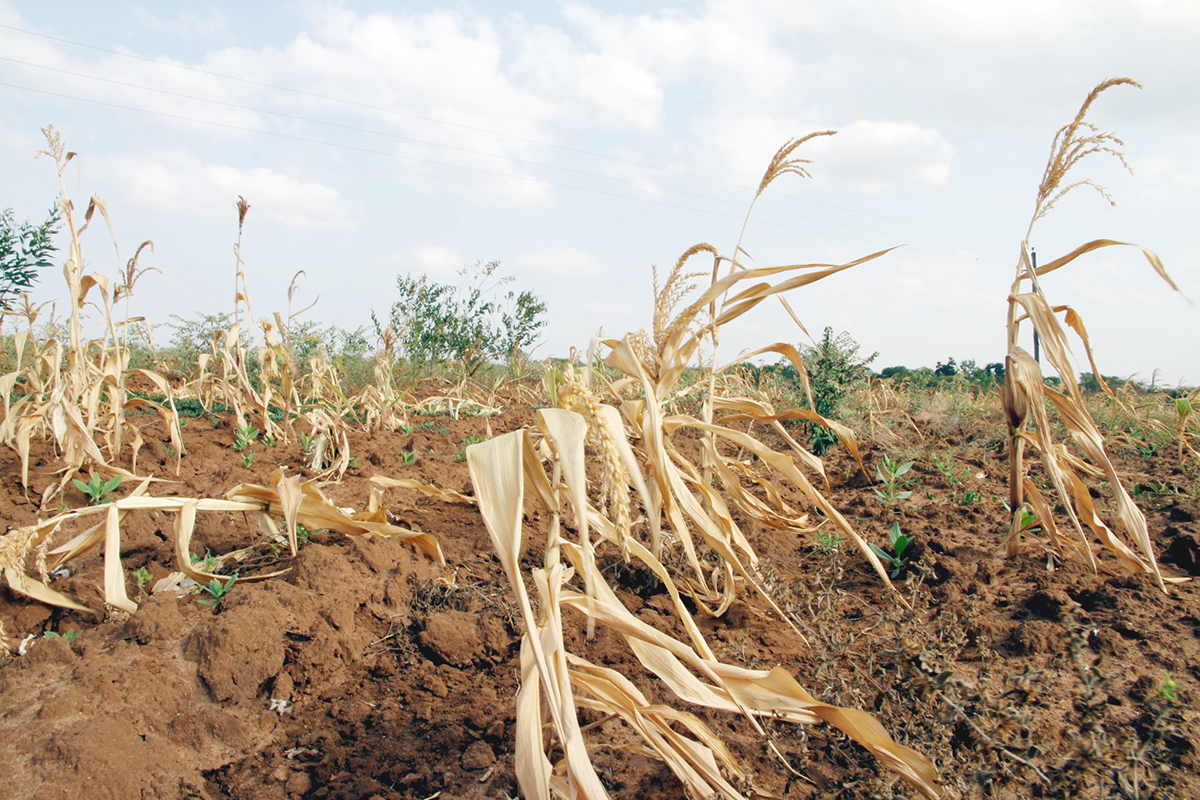
Zambia’s national power utility said Tuesday it was addressing an electricity shortage at state-run milling plants caused by an ongoing drought that has also devastated the country’s agricultural sector.
Last month the southern Africa nation declared the drought, exacerbated by climate change and the El Nino weather phenomenon, a national disaster.
The crisis has threatened food security, as well as water and energy supplies, and affected more than one million families.
Zambia Electricity Supply Corporation Limited (ZESCO) has been forced to limit power supplies to eight hours per day due to the low water levels.
Hydroelectric power accounts for more than 80 percent of power generation in copper-rich Zambia, according to energy experts.
ZESCO spokesman Matongo Maumbi said in a Tuesday statement that the utility was working with the country’s defence force to ensure “continuous operations of milling plants across the nation in response to concerns raised regarding food security” due to the power cuts.
In February President Hakainde Hichilema said the government would look at importing additional electricity, and has appealed for local and international assistance to mitigate the impact of the crisis.
Zambia’s neighbour Malawi declared drought a national disaster on Saturday in 23 of the 28 districts of the southern African country, following a government assessment of damage to farmland caused by El Nino.
Malawi appealed for $200 million in food aid, saying millions of people faced starvation due to drought.
Major growing areas in Malawi, Mozambique, Namibia, Zambia and Zimbabwe received only 80 percent of average rainfall during the southern hemisphere summer from mid-November to February, according to the United Nations’ Food and Agriculture Organization (FAO).
